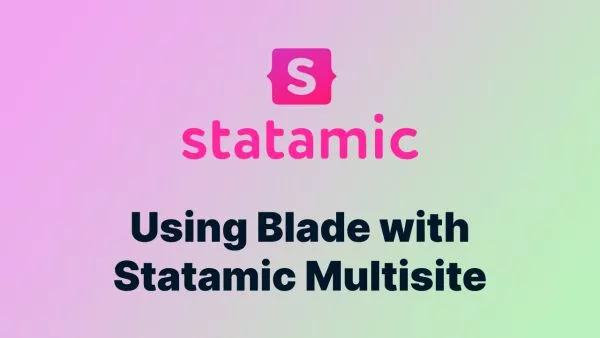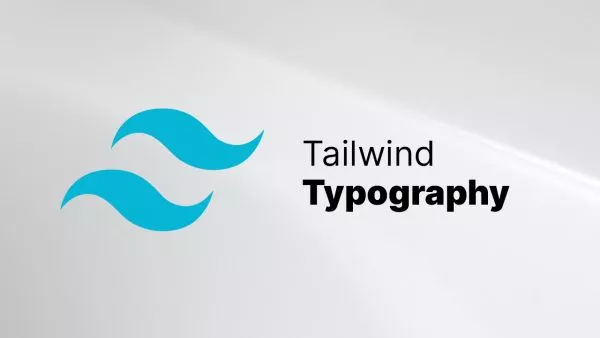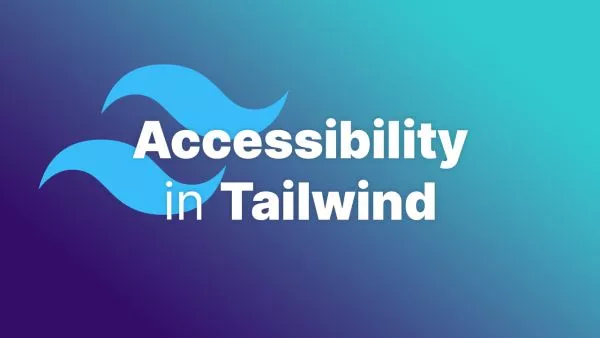- 1. Defining BaaS (Backend as a Service)
- 2. The Allure of BaaS
- 3. Popular BaaS Providers
- 4. When to Consider BaaS?
- 5. Potential Drawbacks
With the ever-evolving landscape of technology, the desire to innovate faster while reducing overheads has brought forth various cloud computing solutions. One of the more recent buzzwords in this domain is "BaaS" or "Backend as a Service". But what is BaaS, and why should you care? Let's explore.
If you're looking for the differences between BaaS and serverless Cloudflare have a great article on it.
1. Defining BaaS (Backend as a Service)
BaaS, or Backend as a Service, is a cloud service model that provides developers with ready-made, scalable backend services for web and mobile applications. Instead of building the backend from scratch, developers can leverage BaaS platforms to access various functionalities like databases, authentication, push notifications, and more, through APIs and SDKs.
2. The Allure of BaaS
Why is BaaS gaining traction? Here are some compelling reasons:
Rapid Development
Developers can focus on building the application frontend without concerning themselves with the nitty-gritty of backend development. This accelerates the development cycle and brings products or features to market faster.
Cost-Efficient
Setting up, maintaining, and scaling servers is costly. With BaaS, businesses can significantly reduce these overhead costs. They only pay for the services they use and can scale effortlessly.
Scalability
BaaS platforms are inherently built to scale. As your user base grows, the backend services adjust dynamically, ensuring smooth app performance.
Simplified Maintenance
With a BaaS provider, maintenance, updates, and patches are handled for you, ensuring your backend always stays current without manual intervention.
3. Popular BaaS Providers
Several companies offer BaaS solutions. Some well-known names include:
- Firebase: Google's BaaS solution known for its real-time database, authentication services, and machine learning capabilities.
- Parse: An open-source BaaS platform offering a suite of tools for mobile and web app development.
- AWS Amplify: Amazon's comprehensive set of tools and services that enable developers to build full-stack apps.
4. When to Consider BaaS?
- Startup Prototypes: BaaS can significantly speed up the development of MVPs (Minimum Viable Products) for startups.
- Mobile Apps: BaaS platforms offer numerous tools tailored for mobile development, making it an ideal choice.
- Web Applications: For web apps requiring robust backend services but have limited backend development resources.
- IoT Devices: Internet of Things (IoT) devices can benefit from BaaS due to its scalability and ready-to-use backend services.
5. Potential Drawbacks
- Vendor Lock-in: Transitioning away from a BaaS provider can be challenging due to the tight integration between the backend services and your application.
- Costs at Scale: While BaaS might be cost-effective initially, as your app scales, costs can rise significantly.
- Customization Limitations: BaaS solutions might not cater to all specific needs, limiting custom backend functionalities.
BaaS represents the next step in the evolution of cloud services, offering businesses a more straightforward approach to application development. While it might not be the perfect solution for every scenario, its benefits in rapid development, scalability, and maintenance make it an attractive option for many. As with any technology, understanding its strengths and limitations is crucial before integrating it into your workflow.


